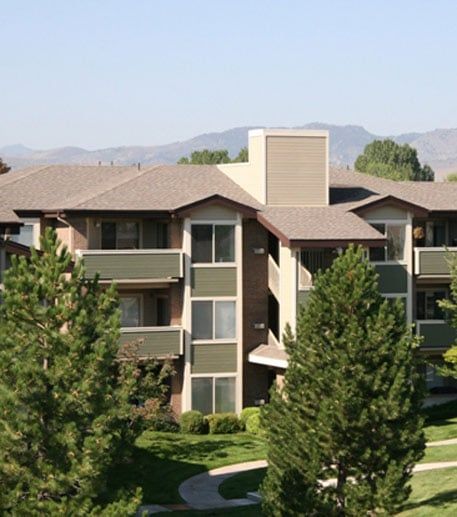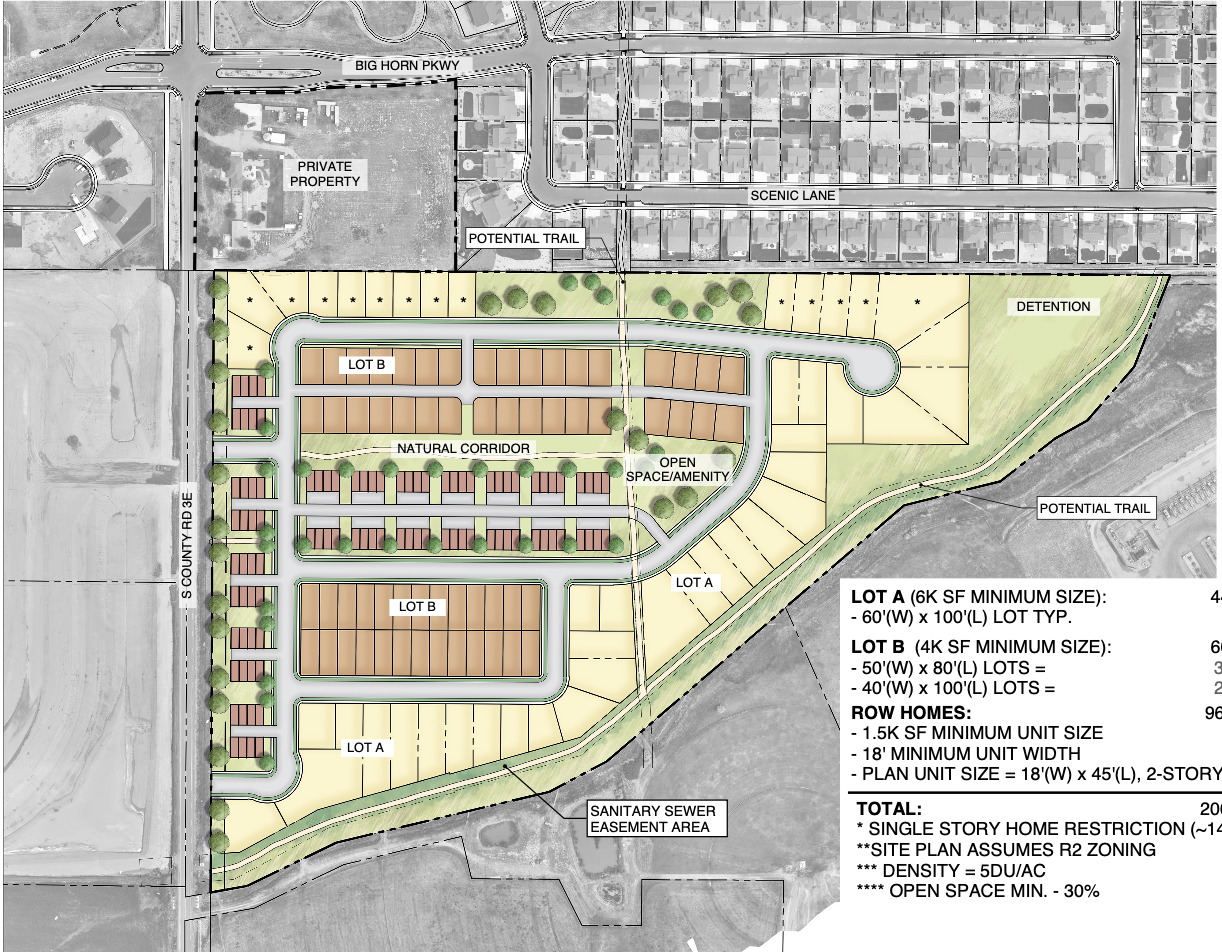FoCo council to eye new plan for rental-housing registration, inspections

FORT COLLINS – The Fort Collins City Council will soon consider an option for a revamped rental-housing registration and inspection program that includes a year’s delay before it starts.
Council members heard city staff members present three options Tuesday night; by the end of the work session, they appeared to be gravitating toward the second one.
“There are varying opinions on council for the right approach, but we’ll be presenting Option 2,” Fort Collins City Manager Kelly DiMartino told BizWest on Wednesday. “The first year will still be registration only. We wouldn’t start proactive inspections until after a year. That allows more time for landlords to have an education period and proactively do any compliance work that needs to occur.”
SPONSORED CONTENT
Neighborhood services manager Marcy Yoder and housing manager Meaghan Overton had presented the draft of such a program at the council’s regular meeting Jan. 17, but council members voted 6-1 to send them back to the drawing board. Yoder and Overton had proposed a plan that included a requirement that landlords register their rental properties with the city and a program that would require most units to be inspected for health and safety issues every five years. But council members expressed concerns about the $1.6 million startup cost of the program, renters said they feared rising rents and retaliation for reporting problems, and landlords and property managers said they felt a registration and licensing program wasn’t the best answer to address substandard housing in a city in which 40% of all housing is renter-occupied.
At Tuesday night’s work session, Yoder and Overton returned with three scaled options for council members to consider. The first option would include rental registration with improved complaint-based inspections, the second would call for rental registration but delayed proactive inspections until after the first year, and the third would mandate rental registration with proactive inspections.
Proposed improvements to the complaint-based inspection program in Option 1 would include the expansion of landlord/tenant mediation support, enhanced education and outreach, and additional staff capacity to perform rental inspections. Registration fees would be $37 per property and $10 per unit annually, and the city would incur startup costs of $1.1 million and pay for seven full-time equivalent employees.
Option 2 would call for registration of all rental properties with inspection every five years unless the units were 10 years old or had completed a third-party inspection. City staff would conduct the inspections, and complaint-based inspections would still be available. Startup costs would also be $1.1 million, with seven full-time staffers to start.
Option 3, with a $1.6 million price tag and 8.5 full-time equivalent positions to start, would include registration of all rental properties, proactive inspections, inspections every five years unless the units were t0 years old, and annual license fees of $53 per property and $19 per unit annually.
Council members staked out various positions, with Shirley Peel saying she was “leaning toward Option 1,” Julie Pignataro noting that “Option 2 gives landlords more time to get it done,” and Kelly Ohlson – the one dissenting voice in the Jan. 17 vote – declaring that “anything less than Option 3 is a nonstarter for me. Options 1 and 2 are neither legitimate nor effective, and a pretend program is worse than nothing.”
However, as Yoder and Overton continued to answer questions about the options, council members, including Ohlson, found Option 2 increasingly palatable.
“Having a year of registrations would allow us to understand and evaluate the third-party inspections that are already occurring. Fees could then be established for the remaining properties and units that would need to be inspected by the city,” the city staffers wrote in the Option 2 executive summary. “The number of inspections will decrease … as other third-party inspections are accepted beyond HUD inspections.”
Staffers wrote that “safe and stable housing provides a foundation that allows individuals, families and communities to thrive. Livable housing has a positive impact on health, economic security, educational attainment and the overall stability of families and communities. … The renter community in Fort Collins makes up a significant portion of the population, and the city does not conduct proactive rental property inspections for health, safety and habitability. While the city maintains a complaint-based rental inspection system to promote safe and habitable housing for renters, this program does not address power dynamics faced by tenants who often fear retaliation, increased rental payments, damaged relationships with property owners, and eviction.”
Ohlson noted Tuesday that ensuring safe and maintained housing was a “basic role of government,” and added a note of sarcasm: “This whole self-reporting thing — that’s worked so well in the oil and gas industry. It’s worked well for the industry but not for the public.”
DiMartino said Wednesday she wasn’t sure when the new staff recommendation would come before the City Council for first-reading approval but expected it would again generate a healthy debate.
“There will continue to be high public interest in this,” she said, “and varying public opinions about the way forward.”
FORT COLLINS – The Fort Collins City Council will soon consider an option for a revamped rental-housing registration and inspection program that includes a year’s delay before it starts.
Council members heard city staff members present three options Tuesday night; by the end of the work session, they appeared to be gravitating toward the second one.
“There are varying opinions on council for the right approach, but we’ll be presenting Option 2,” Fort Collins City Manager Kelly DiMartino told BizWest on Wednesday. “The first year will still be registration only. We wouldn’t start proactive inspections until after a year. That allows more…
THIS ARTICLE IS FOR SUBSCRIBERS ONLY
Continue reading for less than $3 per week!
Get a month of award-winning local business news, trends and insights
Access award-winning content today!





